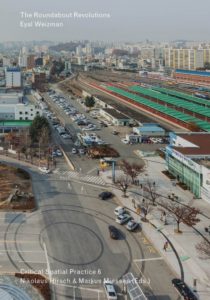ISBN: 9781909942486
Paperback: 304 pages
Publisher: Gingko, 2020
Language: English
The aim of this volume is to adopt an original analytical approach in explaining various dynamics at work behind the Arab Spring, through giving voice to local dynamics and legacies rather than concentrating on debates about paradigms. It highlights micro-perspectives of change and resistance as well as of contentious politics that are often marginalised and left unexplored in favour of macro-analyses. First, the stories of the uprisings in Tunisia, Egypt, Syria, Morocco and Algeria are told through diverse and novel perspectives, looking at factors that have not yet been sufficiently underlined but carry explanatory power for what has occurred. Second, rather than focusing on macro-comparative regional trends – however useful they might be – the contributors to the book focus on the particularities of each country, highlighting distinctive micro-dynamics of change and continuity. The essays collected here are contributions from renowned writers and researchers from the Middle East, along with Western experts, thus allowing the formation of a sophisticated dialogic exchange.
Fatima El-Issawi is a Reader in Journalism and Media Studies at the University of Essex.
Francesco Cavatorta is Professor of Political Science and Director of the Centre Interdisciplinaire de Recherche sur l’Afrique et le Moyen Orient (CIRAM) at Laval University in Quebec, Canada.
This book makes a compelling critique of the common paradigms through which scholars see the region and the enduring tendency to over-emphasize the role of elite politics and formal political institutions. The dynamics of protest and social movements at this moment of heightened contentious politics deserve our closer attention because they reveal the lasting effects of the erosion of trust in formal political institutions. – Rory McCarthy, British Journal of Middle Eastern Studies





